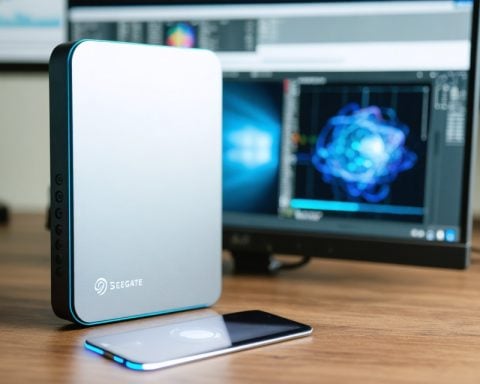GenAI technology on smartphones revolutionizes user experience by enhancing privacy and security through on-device data processing. By leveraging local AI accelerations, mobile apps benefit from improved functionalities spanning audio, video, digital assistance, and device management.
Automating tasks, such as crafting messages with variable tones like “friendly” or “professional,” showcases GenAI’s versatility. Furthermore, the tool’s ability to extract key points from conversations and condense them into TLDR bullet points streamlines information consumption.
Far beyond traditional search functionalities, GenAI paves the way for AI-assisted searches catering to both cloud-based platforms and on-device queries like locating specific files or images. Additionally, GenAI empowers users in enhancing their photographic and video creations, indicating a significant shift towards personalized content development on mobile devices.
By embedding GenAI capabilities within smartphones, the future of mobile technology unfolds with unprecedented user-centric features and functionalities, promising a seamless blend of innovation and convenience.
Unlocking the Potential of GenAI in Mobile Devices: Exploring Untold Facets
The integration of GenAI technology in smartphones not only revolutionizes user experience but also opens up a myriad of possibilities that shape the future of mobile devices. By leveraging local AI accelerations, mobile applications are poised to benefit from advanced capabilities across various domains, from communication and entertainment to productivity and personalization.
What are the key challenges associated with GenAI capabilities in mobile devices?
One of the primary challenges with integrating GenAI into mobile devices is the optimization of power consumption. AI processes can be resource-intensive, leading to increased energy consumption and potentially affecting battery life. Balancing performance with energy efficiency remains a crucial consideration for manufacturers looking to harness the full potential of GenAI functionalities.
How can GenAI capabilities be leveraged to address privacy concerns?
While GenAI enhances security through on-device data processing, privacy concerns may arise regarding the collection and utilization of personal data for AI algorithms. Implementing robust data protection measures and transparent data policies is essential to build trust with users and ensure that personal information is safeguarded while leveraging GenAI capabilities.
What advantages do GenAI-enabled mobile devices offer over traditional smartphones?
GenAI-enabled mobile devices bring a host of advantages, including personalized content recommendations, enhanced multimedia creation tools, and AI-assisted search functionalities. Users can enjoy a tailored experience that caters to their preferences and habits, resulting in a more intuitive and efficient interaction with their devices.
What are the potential disadvantages of relying heavily on GenAI capabilities in mobile devices?
One potential downside of heavy reliance on GenAI capabilities is the risk of overreliance on automated decision-making processes, which may limit user autonomy and critical thinking. Moreover, the dependency on AI algorithms for tasks like content curation and data analysis raises concerns about algorithm bias and lack of human oversight in decision-making processes.
As mobile technology continues to evolve, the integration of GenAI capabilities propels devices towards a future where innovation and user-centric design converge seamlessly. By addressing challenges, ensuring privacy protection, and maximizing the advantages of GenAI, mobile devices are set to redefine the boundaries of convenience and functionality for users worldwide.
For further insights on the intersection of AI and mobile technology, visit TechRadar.
























